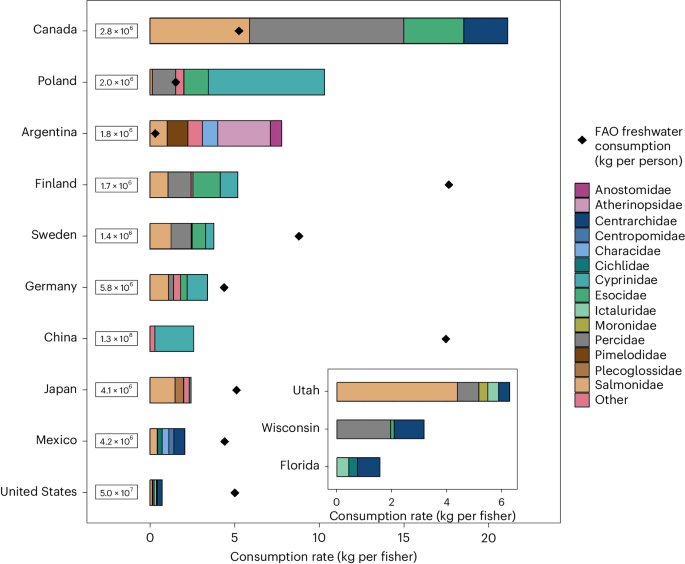
- Select a language for the TTS:
- UK English Female
- UK English Male
- US English Female
- US English Male
- Australian Female
- Australian Male
- Language selected: (auto detect) - EN
Play all audios:
Few would dare challenge the conclusion that we in Britain are now faced by a constitutional crisis unparalleled in modern times. Equally, there are few who can define what the crisis is. We
need to step back from this month’s uncertainties and unfolding dramas to examine some root problems. The most basic of these stems from the stealthy, cumulative challenges to the
cornerstone of our constitutional democracy: the sovereignty of the elected House of Commons. There are parliaments in other countries — the United States, for example — where legislators
exercise far greater day to day roles than our MPs have traditionally done, including war-making authority, detailed influences on public appointments, budgets and legislation, as well as
searching powers to scrutinise executive actions. In the past, MPs have been weak in these areas. However, the House of Commons has traditionally exercised two core powers: the whole House
has been able to oust a sitting government and the legislators of the governing party have had the power to choose and dismiss their leader. The essence of this system has been to give the
Government of the day unusually strong executive authority, but subject to the occasional, nuclear power of backbenchers to oust it and subject to the Government’s backbenchers’ power to
oust the Prime Minister. Governments have always been obliged to obey judicial rulings. But, in return, the legislature — in practice, the House of Commons — has been able to change the law
in the event of judges interpreting it in ways that a majority of MPs finds outrageous. This structure has been steadily undermined. First and most vital has been European Union and Council
of Europe mission creep. I am not alluding here to economic, social, human rights or cultural arguments for or against UK membership of these bodies, but rather to the effects on our
democracy. There is a legitimate but disputable view that national sovereignty is an illusion anyway, especially for a middle-ranking power such as the United Kingdom. Moreover, according to
this view, it is worth trading independence for the economic benefits of belonging to a strong international bloc. Provided this is a conscious majority choice, all well and good. In
reality, successive British governments and more particularly senior officials have gone out of their way to ignore and deny the outflow of authority from London upwards to international and
downwards to devolved institutions. Under the 2010-2015 Conservative/Liberal Democrat coalition Government, I was invited to participate in a so-called “Balance of Competences” exercise led
by the Foreign and Commonwealth Office. It was run by two strongly Europhile ministers, who not surprisingly concluded that the UK-EU porridge was not too hot, not too cold, but just right.
What the exercise failed to do was to specify which powers were by now still under national control and which had been ceded to Brussels and Luxembourg. Still less were the British public
informed. In the 1990s, after being commissioned by _The Times_ to conduct my own survey, ministry by ministry, of which powers had been forfeited to the EU, I received a kind invitation to
visit a senior civil servant in the Cabinet Office who wished to “help” me. The official informed me that every department had been warned not to speak with me except through its press
officer, which effectively stymied the project. A minister had told me that he was keen to see the result because he, frankly, had no idea what the answer might be. When I told the story to
a German friend who was a senior advisor to Chancellor Helmut Kohl, he said that he too would be most interested in the result, since Kohl too remained in ignorance. The problem is that
member states of the EU have drifted into a position midway between national sovereignty and a fully-fledged United States of Europe. In practice this has produced a state of affairs which
is, in democratic terms, neither fish nor fowl. Neither national nor Europe-wide elections produce governments which are responsible to a specified electorate. When a national electorate
behaves in a manner which the central bureaucracy in Brussels dislikes, it must be pressured to change its mind, as has happened in recent years to bring several rebellious countries into
line. Moreover, the entry into legal force in 2009 of the European Charter of Fundamental Rights has put huge new powers into the hands of the federalist Court of Justice of the European
Union in Luxembourg. We have yet to see the full effects of this development. The increased powers of the Luxembourg court are more likely than assertiveness by the Supreme Court in London,
to override the power of the House of Commons. Admittedly, we are witnessing a temporary paradox. Those favouring exit from the European Union have the fundamental interest of assuring the
continuation of parliamentary sovereignty, but are tempted to bypass a divided House of Commons to achieve this end. Remainers, who effectively advocate the transfer of sovereignty from our
national legislature, are keen to assert parliamentary sovereignty over the coming weeks — but for the purpose of giving it away. Rather than indulging ourselves in this curious situation,
we would do well to recognise that it has been the erosion of the House of Commons’s power which has brought us to this point. Two further, ill-advised reforms have added to the assault on
responsible government in the UK. The Fixed-term Parliament Act unwisely agreed after the 2010 general election by David Cameron, as a sop to his Liberal-Democrat coalition partners, has
produced the present position where the Government is unable to govern, but also is unable to initiate a general election to achieve a workable majority. As if this were not enough, the main
parties have found it expedient to flatter their party members by transferring to them the prerogative of choosing the party leader, who for the majority party is also the Prime Minister.
This produces the position against which the late London School of Economics political scientist Robert McKenzie warned, namely that the party leader may not enjoy the support of his or her
MPs. There will be a great temptation to ignore these underlying structural factors amid the current serious political soap opera. For those concerned with the long-term health of our
democracy, it will be important to think beyond the next days and weeks.


